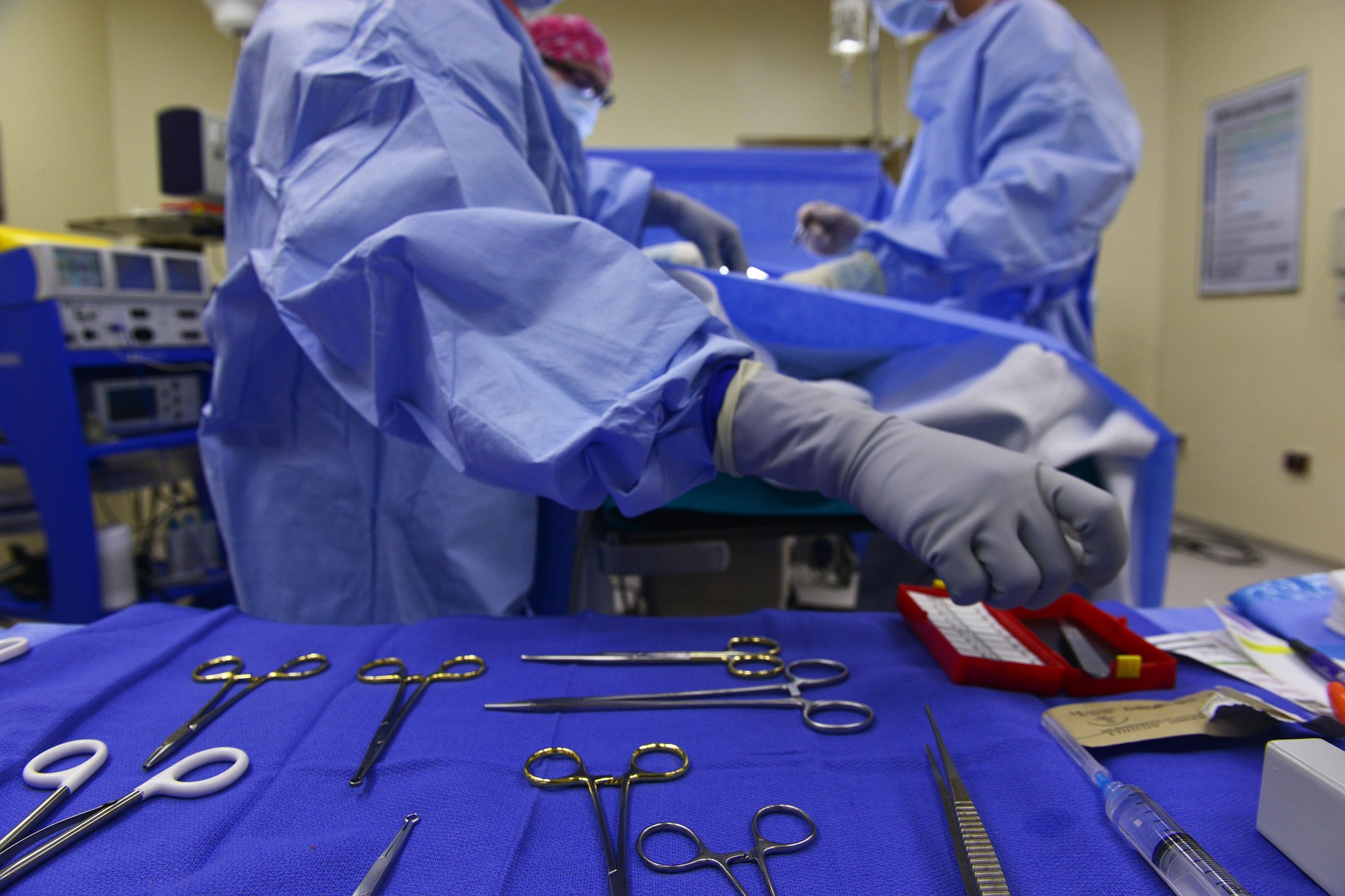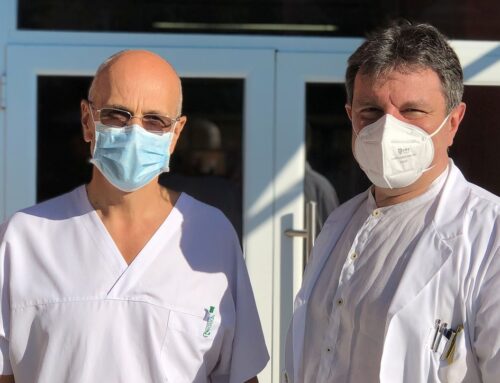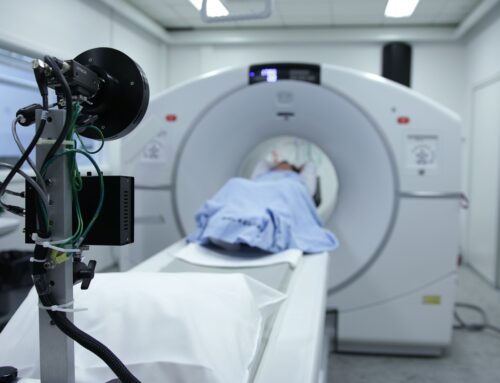Surgical procedures range from simple to complex, but all surgeries are expected to be performed with exceptional care, skill and diligence. Surgical malpractice takes place when the surgeon, anesthesiologist, or other medical professional involved in the surgery (at any point) acts with negligence towards the patient. More specifically, malpractice occurs when the actions of the medical team resulted in harm to the patient.
A patient goes to the doctor with an expectation of professional advice and expert treatment. Given the serious nature of surgery, the responsibility of the surgeon is even more important. He or she is responsible for following all protocols of surgery during diagnosis, recommendation, preparation, execution and follow-up to the procedure. If a patient is harmed during any part of this process, the doctor may be considered negligent and a patient may have a case for surgical malpractice.

Before Surgery Consultations
Surgical malpractice often consists of the physician failing to give their a patient a comprehensive consultation even before the surgery takes place. Before a procedure, the doctor must thoroughly examine the patient, decide which procedure is warranted, and determine if the patient is physically capable or undergoing the treatment. During this phase, the medical professional should completely explain the procedure as well as any possible alternatives. The benefits of having the surgery – and the risks of doing so – must be completely explained to the patient clearly.
What is informed consent? Informed consent requires that the person undergoing the surgery understands the information presented, and provides consent to allow the doctor to perform the surgery. If the patient cannot do so, a legal guardian or designated proxy may provide this consent.
Surgical Malpractice During Surgery
Many instances of surgical malpractice take place in the execution of the surgery. The surgeon must make every effort to avoid possible mistakes. Malpractice may include:
- A doctor performs surgery on the wrong part of the body.
- The surgeon damages organs or body parts during the execution of the surgery.
- Infections due to bacteria develop when they could have been avoided.
- The doctor fails to provide clear communication between all members of his or her team.
- The physician does not have the experience required to properly complete the procedure.
- A doctor leaves surgical tools or foreign items inside a patient’s body.
- The surgeon fails to sterilize equipment before the surgery.
Mistakes After the Surgery
The surgeon will conduct a follow-up consultation with their patient to discuss how the surgery went. This conversation includes a discussion on what the patient is required to do next and the situations which that person should avoid post-surgery. The doctor will also determine that the patient is not vulnerable to infection and that a hospital stay is safe. After each surgery, a doctor must keep the patient under close observation for a certain period of time. During this observation, the physician will determine that the patient is recovering, does not develop infections, and that the surgery was as successful as can be determined at that time. The doctor will also determine when it is safe for the patient to be released and sent back home.
A surgery is a complex and serious procedure. A patient has the right to expect that the physicians and medical professionals involved in that procedure are as experienced and capable as they represent themselves to be. If you feel that you have been treated incorrectly or have been harmed before, during or after a surgery or surgical procedure, you should contact a malpractice attorney. The lawyers at Probinsky & Cole can give you the advice you need to decide if surgical malpractice has taken place and if you have a case.







